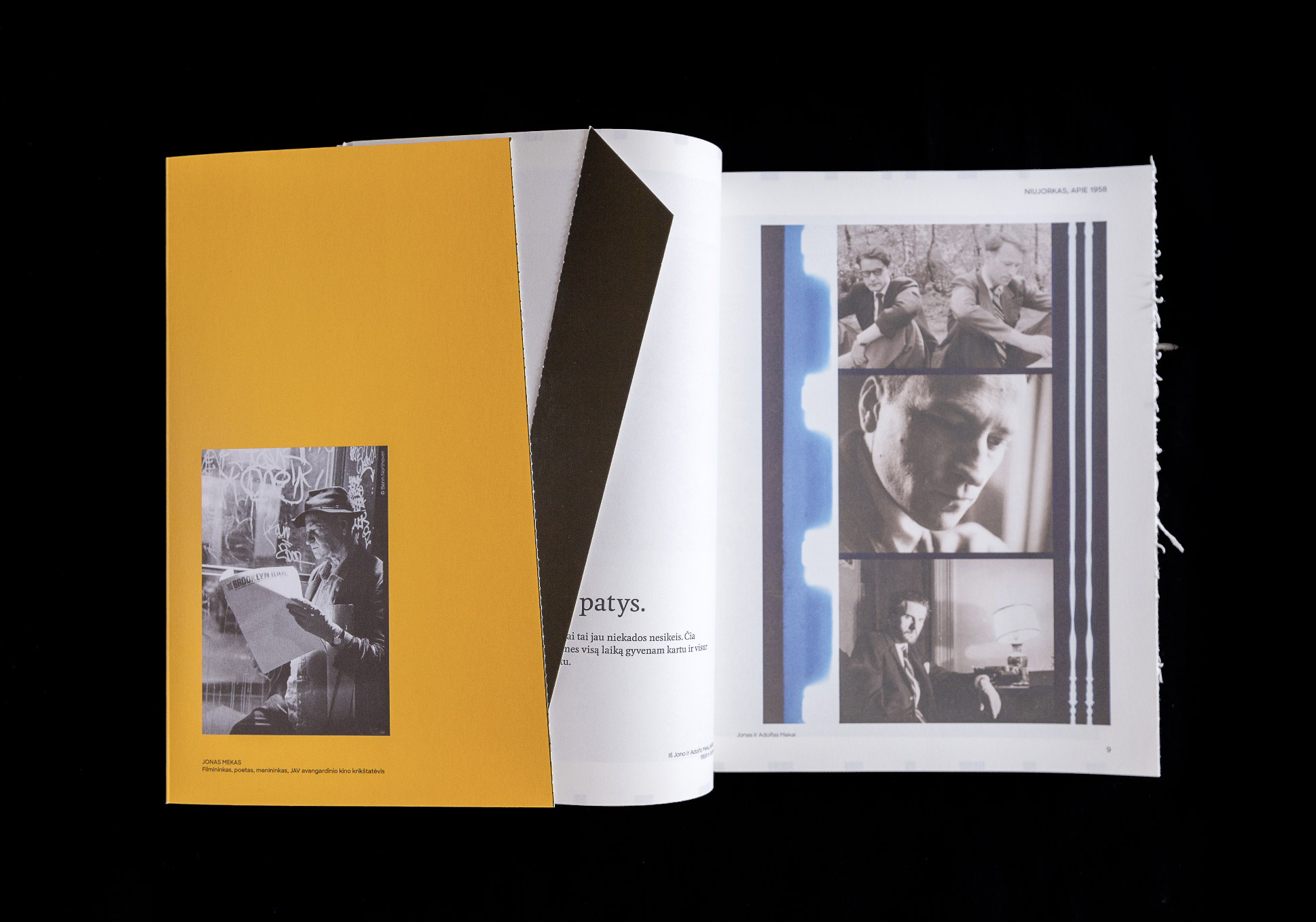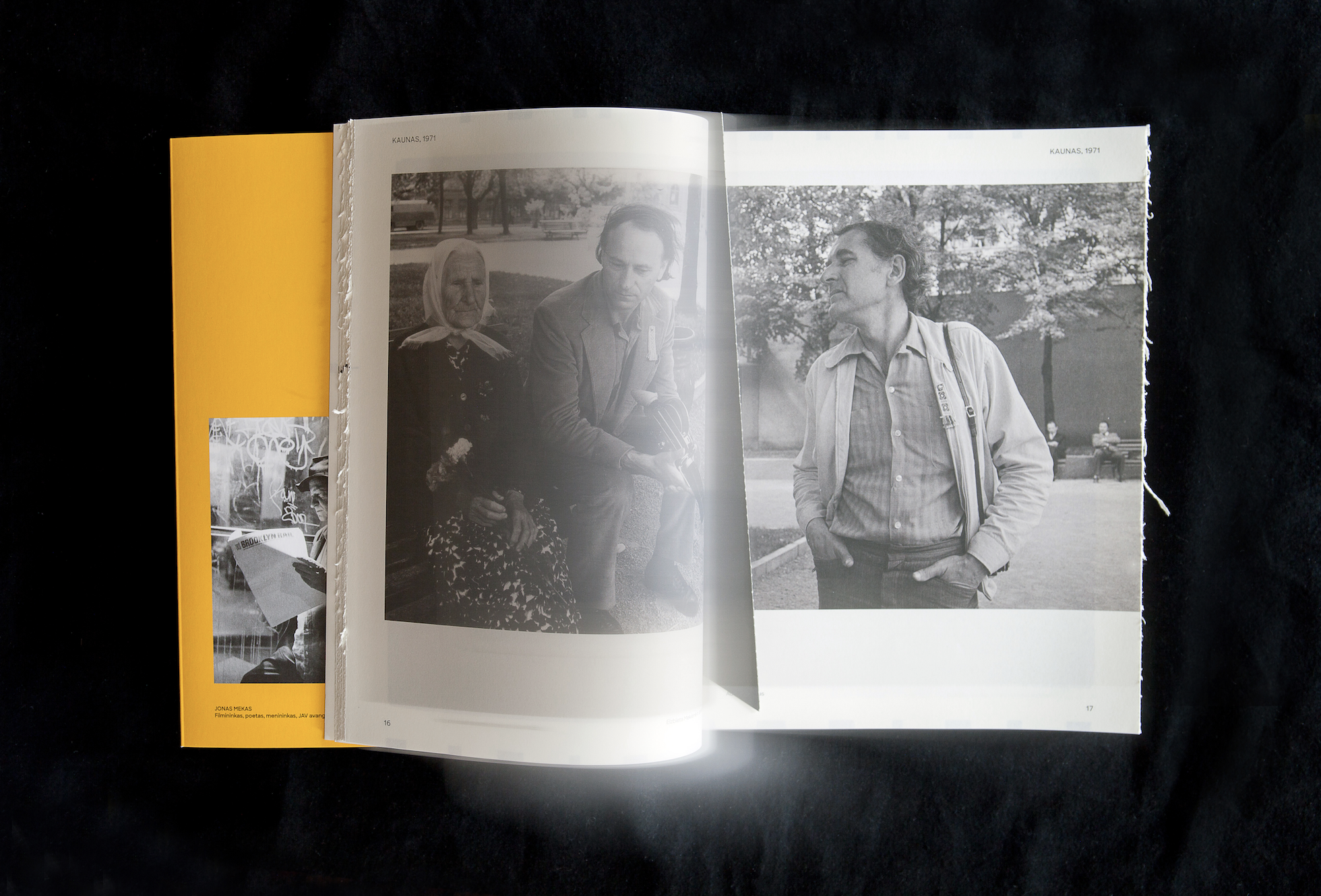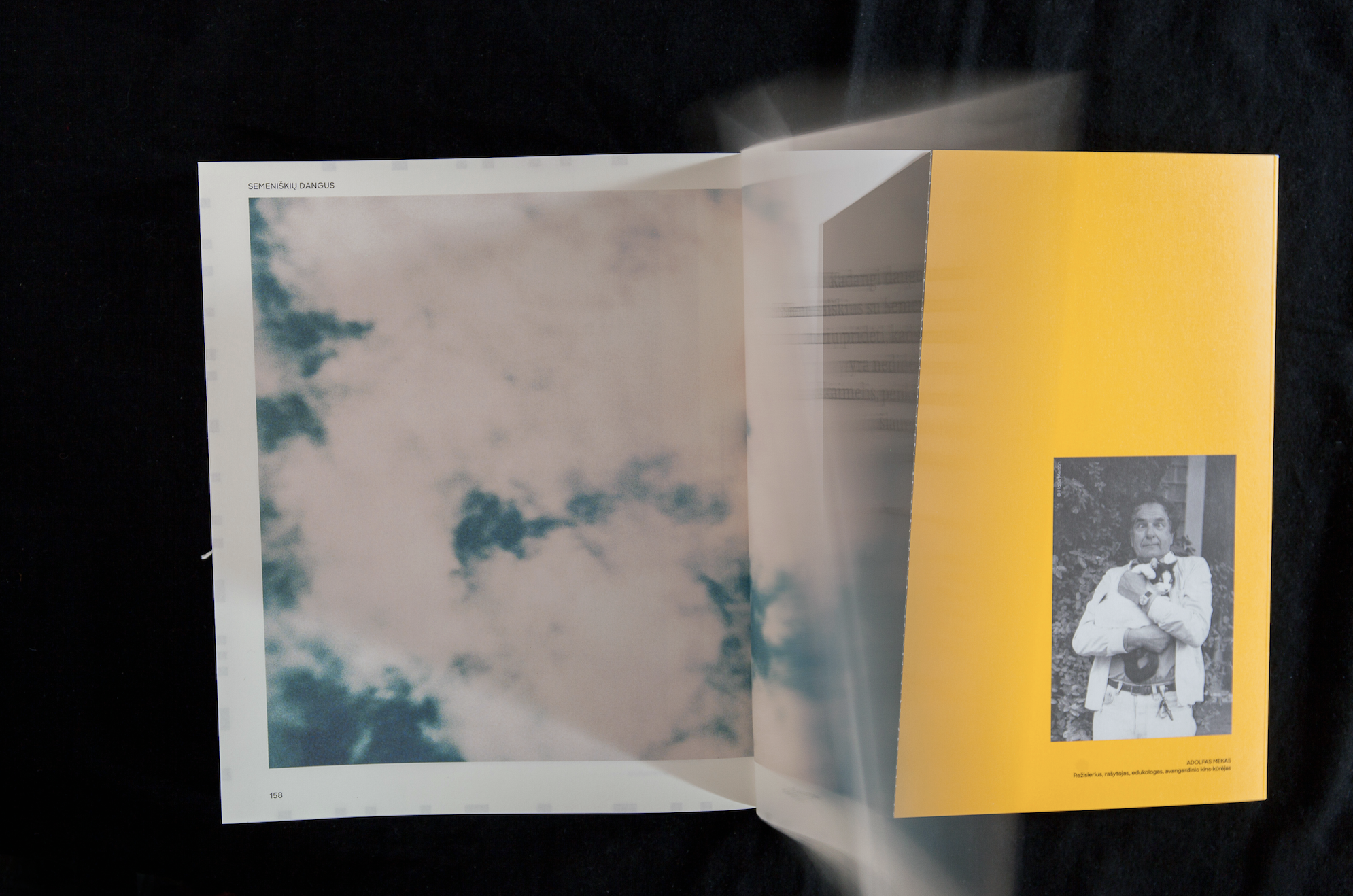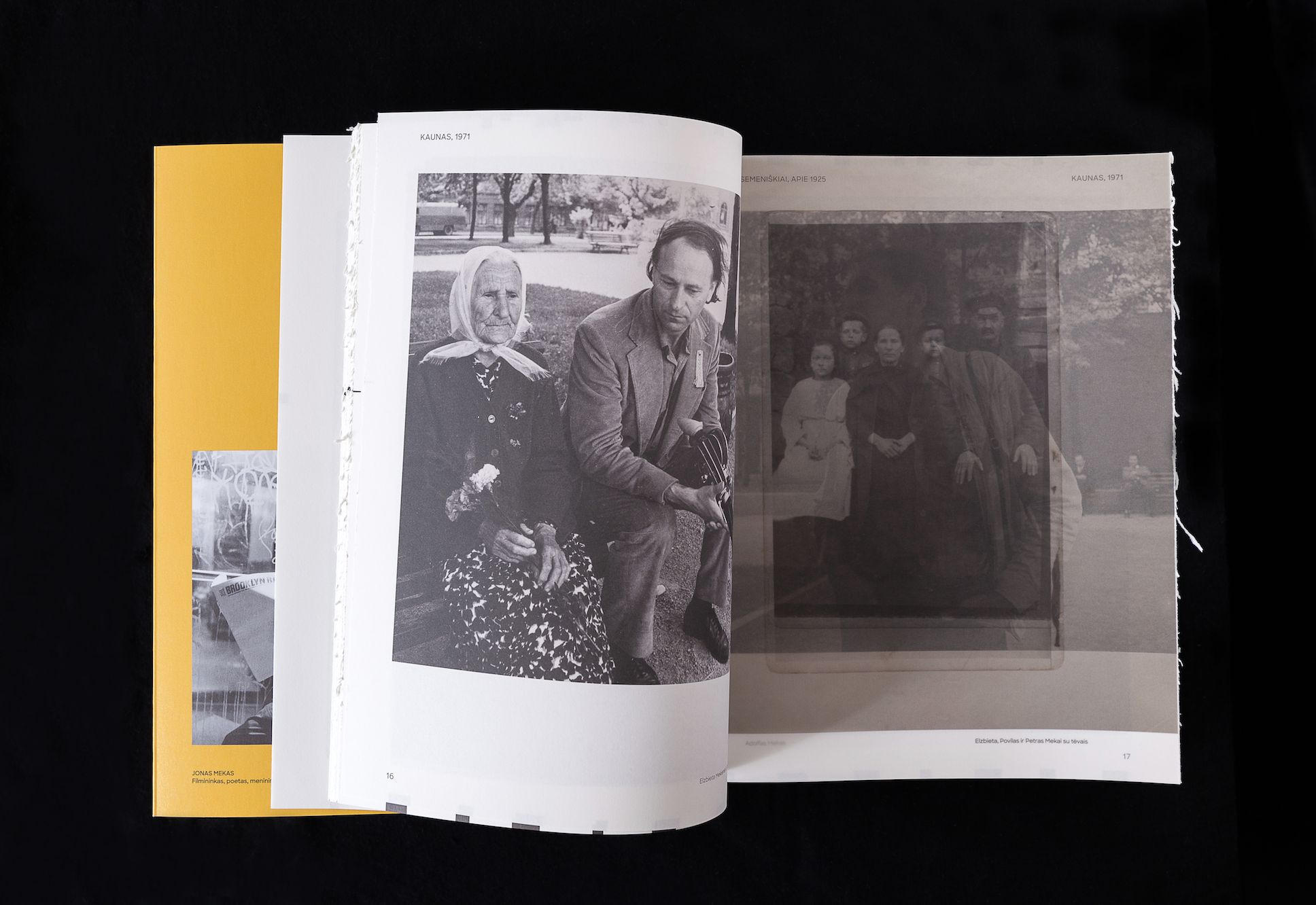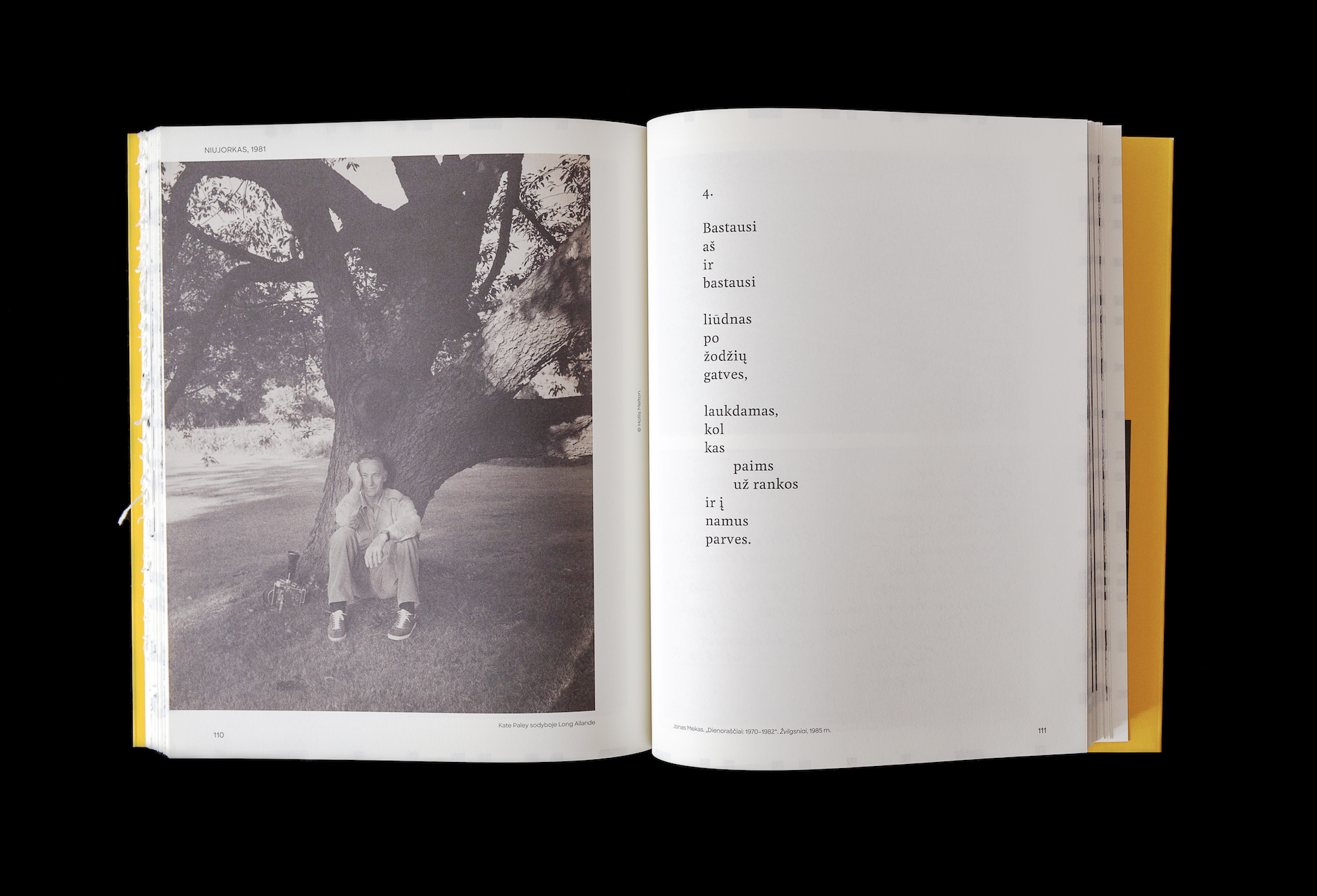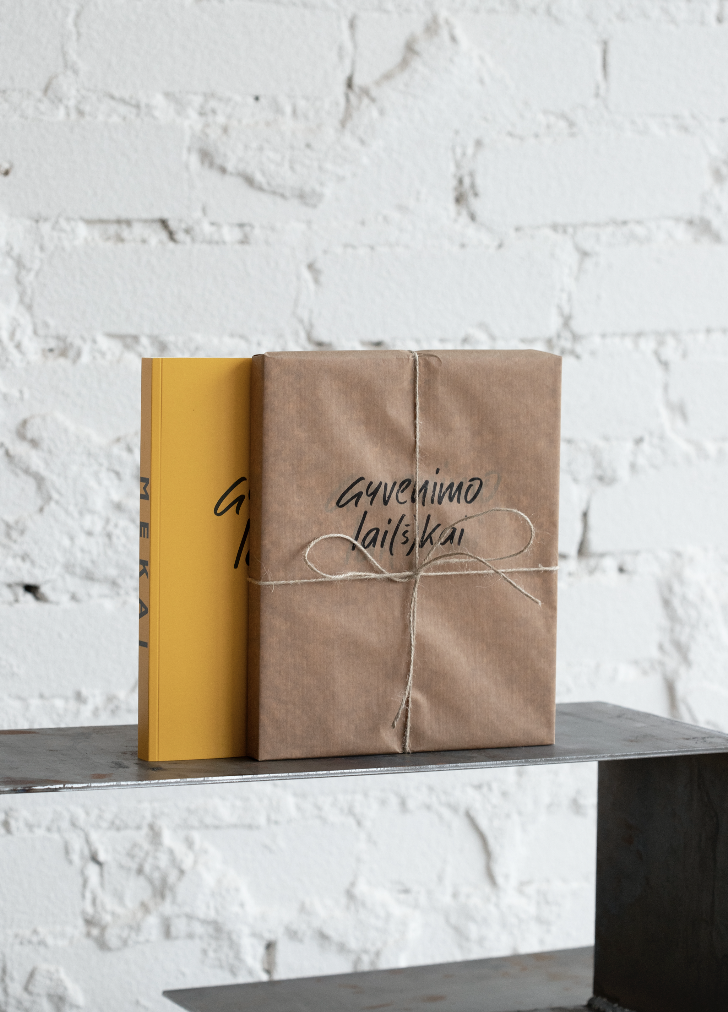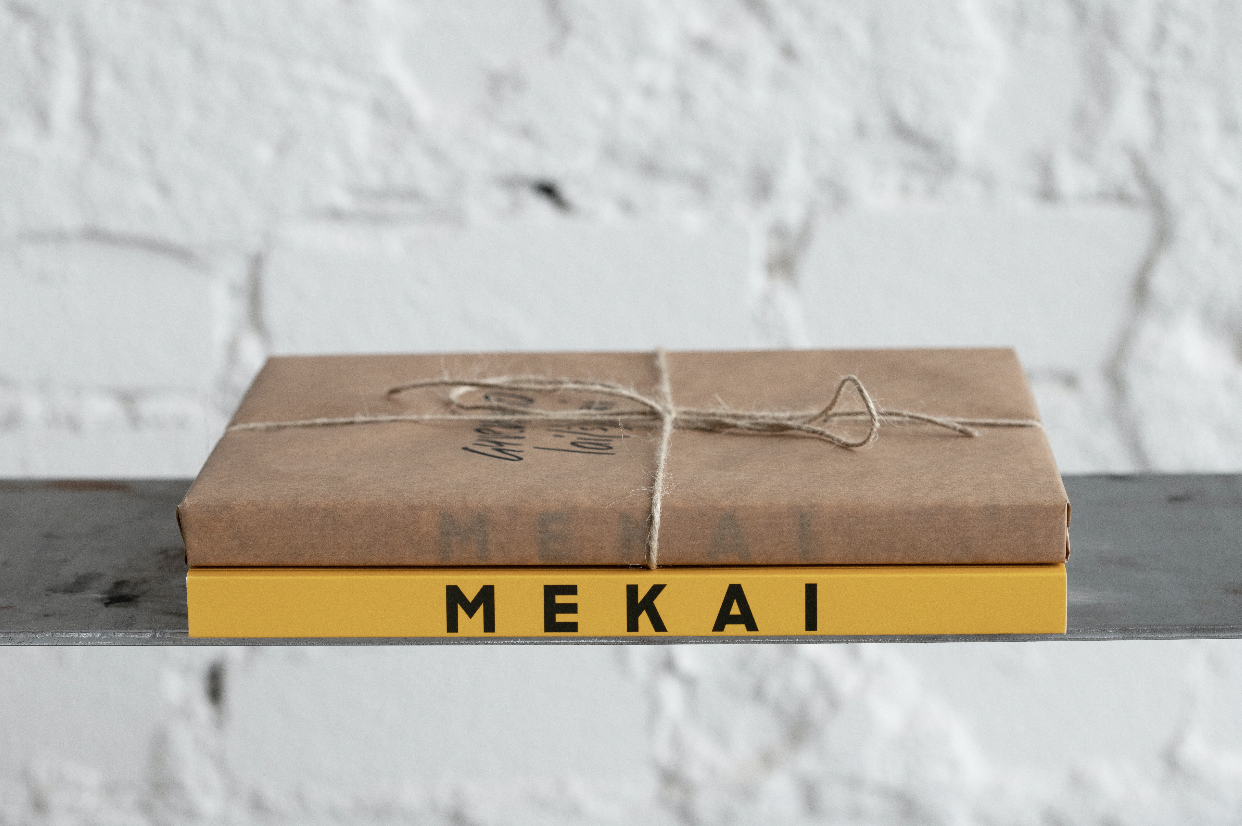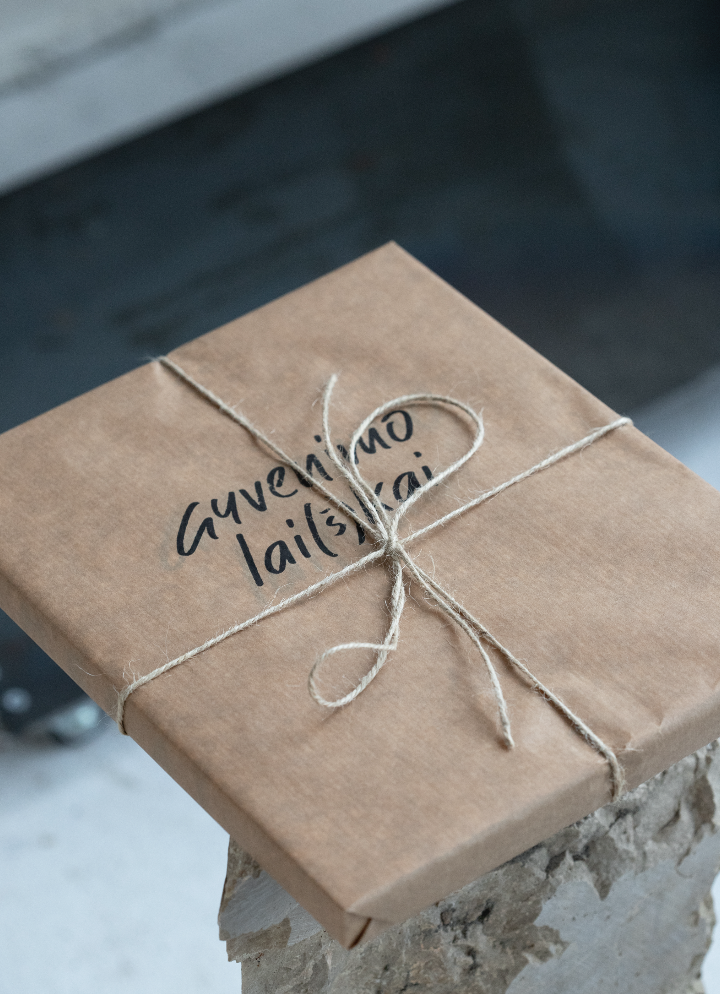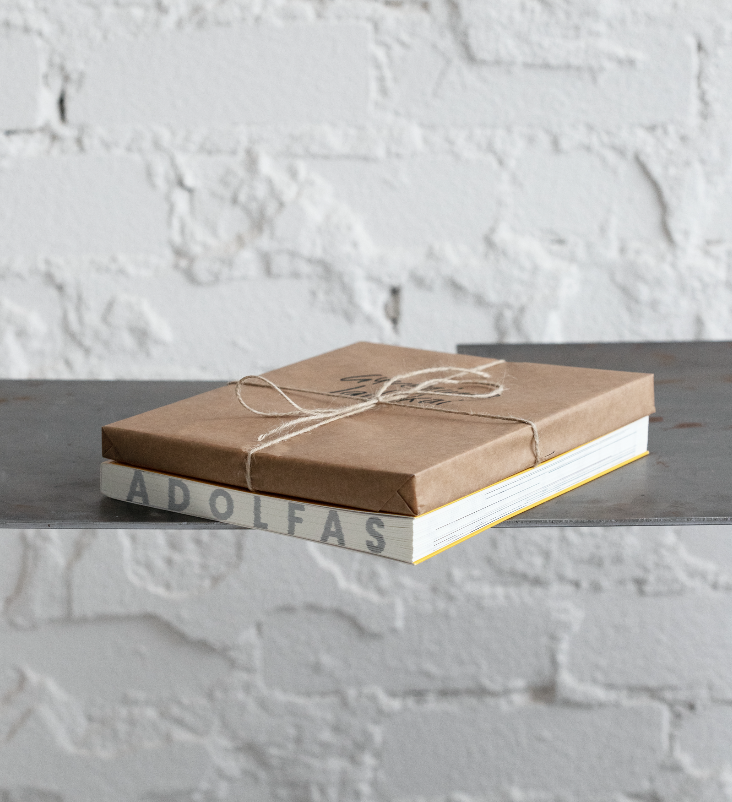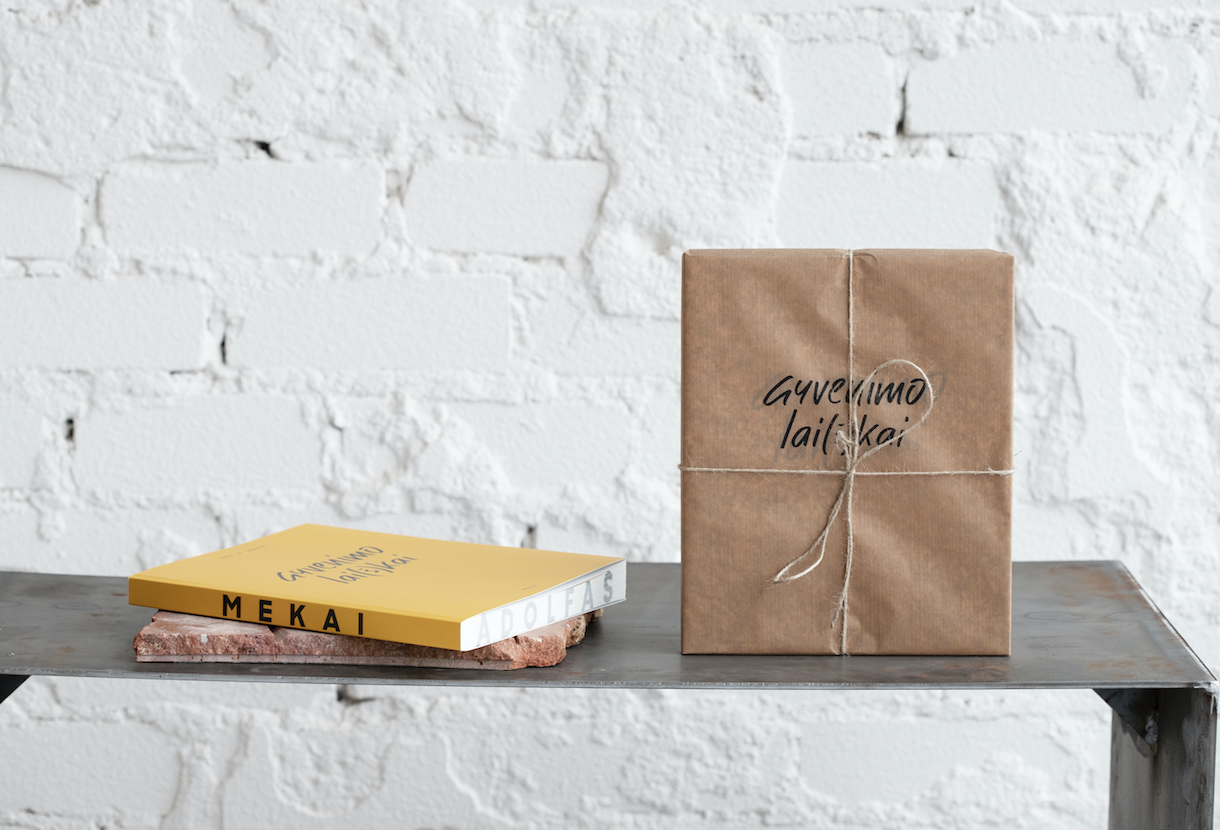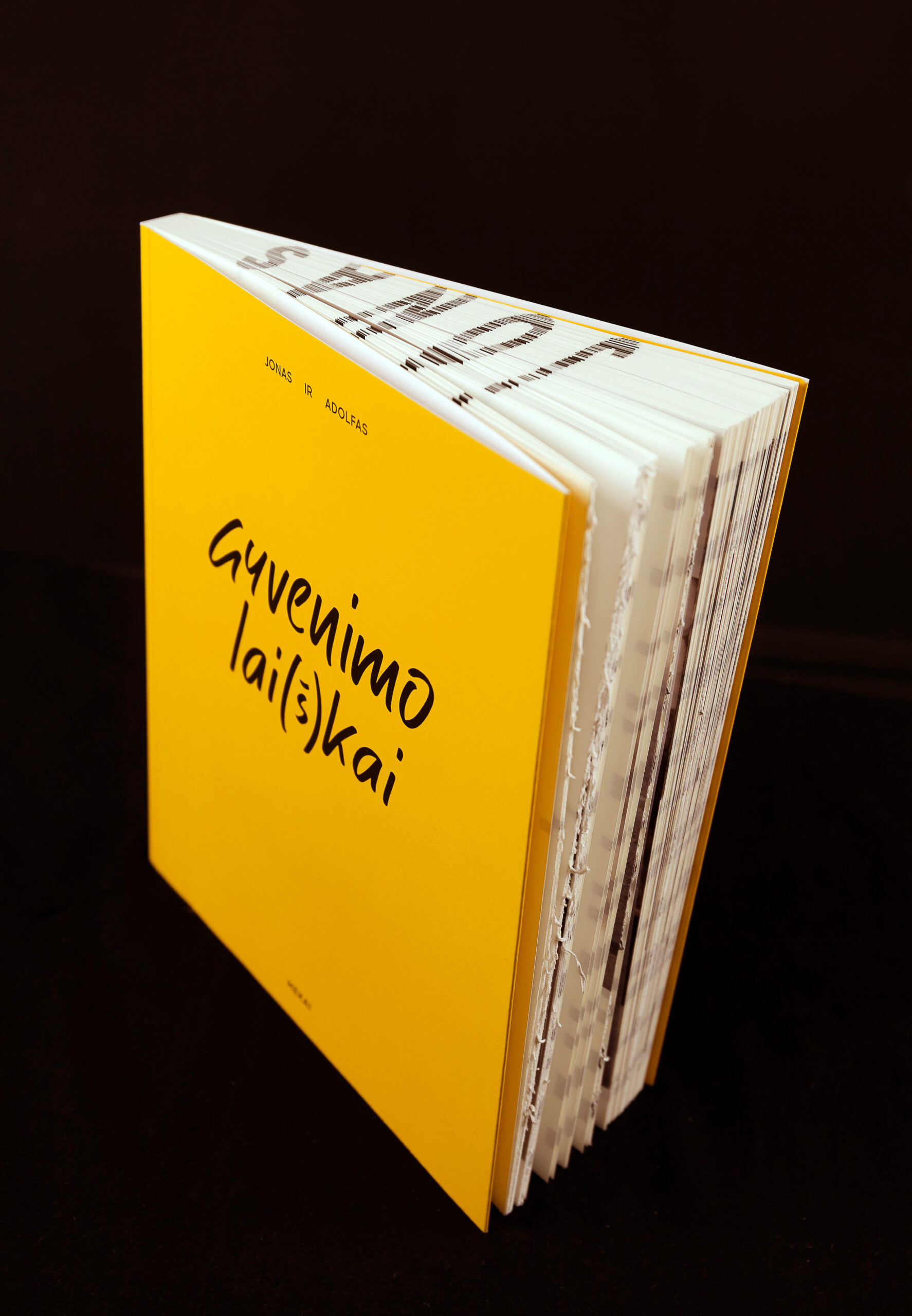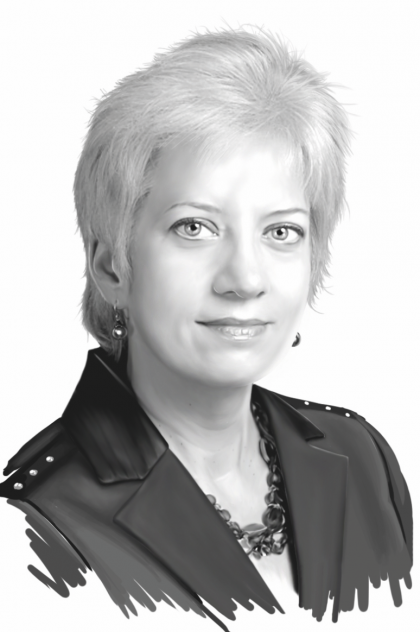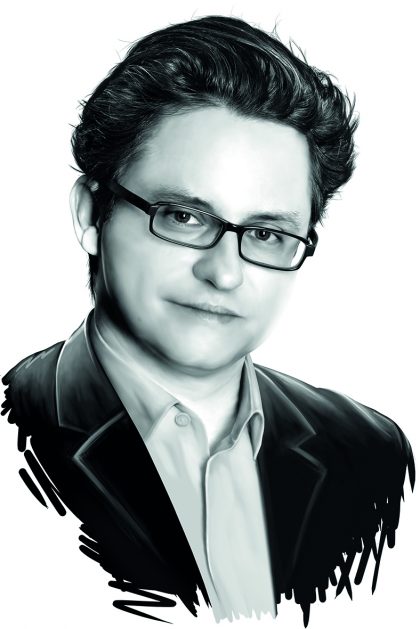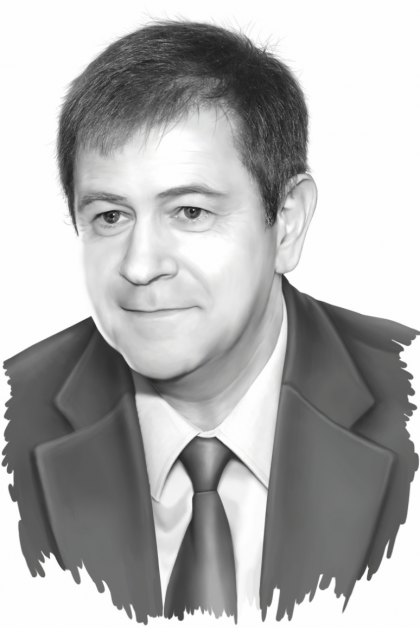Indra Drevinskaitė
Jurgis Bielinis Public Library in Biržai, Jonas Mekas and Adolfas Mekas Heritage Research Center
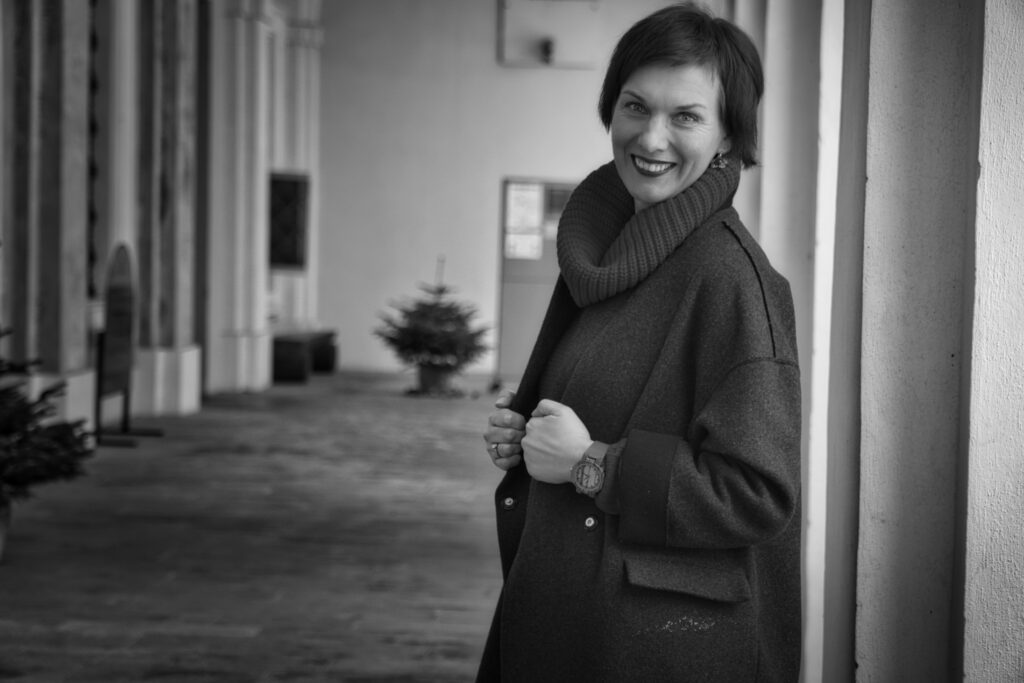
When I received a response to my request for an interview from Pola Chapelle, the widow of Adolfas Mekas, I thought to myself that this woman’s life with the famous artist has continued on even after his passing away…
Pola was born to an Italian family in the United States where she continues to live until this very day. She was a cabaret singer who became Adolfas’ lifetime comrade in arms both in their artistic and personal lives. They raised a son whom they named Sean (Šonas) and, as Adolfas wrote in a letter to his mother in Semeniškiai, in Irish this translates into the common Lithuanian name of “Jonas”.
Adolfas Mekas was the youngest child of Povilas and Elžbieta Mekas’ six children and has not attracted the same notice in Lithuania as his brother, Jonas Mekas, who was three years older. However, Adolfas is well known in America, to which he arrived as a refugee together with Jonas in 1949. The filmmaker brothers worked together for a period of time after their arrival in the US. Adolfas was an active writer, scholar, and filmmaker in the years before his academic tenure began at the Film Department at Bard College in New York in 1972 where he taught until 2004. He was an inspiring teacher for over thirty years who perceived the art of film as a worldview rather than a simple craft.
During his visit to Biržai, Lithuanian photographer Arūnas Kulikauskas, who lived in America for a long time, relayed to me that you can often run into students of Adolfas in the world of Hollywood film.
The Mekas brothers embarked on their path to cinema with a simple film camera that they bought for a borrowed ten dollars and began to record the details of everyday life. After a while, this type of filmmaking became known as diaristic or poetic. In 1961, Adolfas and Jonas make their first joint film Guns in the Hills. Critics consider Adolfas Mekas’ best film to be Hallelujah the Hills (1963) which received an award at the Locarno International Film Festival and was chosen as Comedy of the Year in the US.
Twenty-seven years after leaving Lithuania, the Mekas brothers, accompanied by Adolfas’ wife Pola, visited their homeland and their native village of Semeniškiai in 1971. They met with their mother whom they hadn’t seen for so many years (their father, unfortunately, had already passed), their brothers, sister and their families. It was during this trip that Jonas filmed and later released his film Reminiscences of a Journey to Lithuania and Pola Chapelle filmed Journey to Lithuania. Adolfas Mekas made Going Home and the soundtrack for his film was based on Adolfas’ diaries where the first entry was made in September of 1941 in Semeniškiai i. e. at the time that the Mekas brothers were still living in Lithuania.
Adolfas translated his diaries into Lithuanian himself and a trilogy of his writing was published four years after his death in 2011.
Pola Chapelle, the charismatic and charming widow of Adolfas Mekas, agreed to share her foreword to this diary.
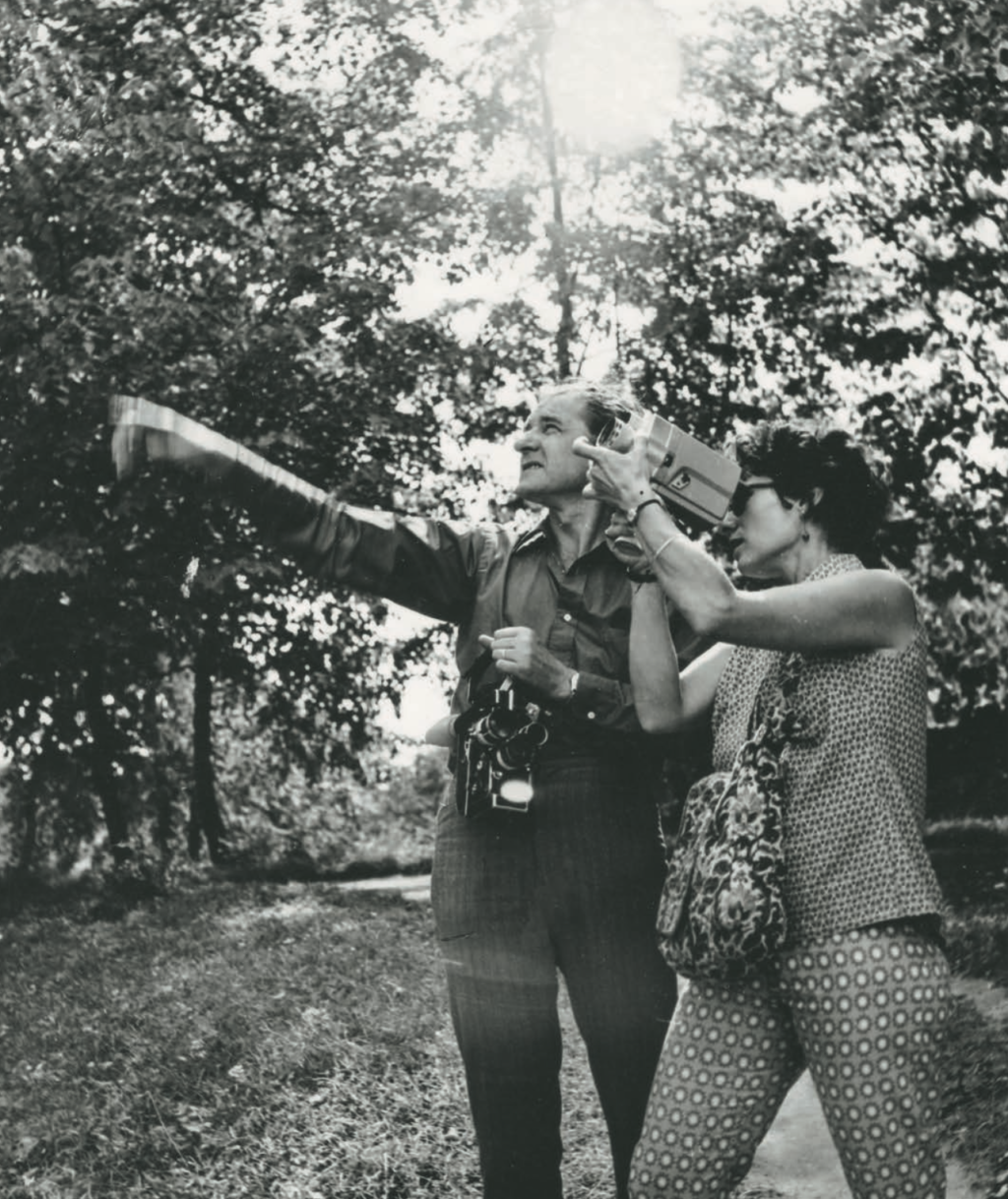
Adolfas and Pola Mekas would have celebrated their 55th wedding anniversary on October 9th of this year. On September 26, 1965, Adolfas wrote to his mother in Semeniškiai:
“Dear Mother! This time I have some happy news for you and the entire large Mekas/Jašinskas family! I will be getting married on October 9th of this year. You can see from the enclosed picture what she looks like. Her name is Pola. She was born in America, but her parents are Italian. She is a singer – she sings in the theatre, in films and makes records. We’ve gotten a new apartment that has six rooms. So, we have been very busy during these past few weeks – buying furniture as well as any and all kinds of things that one needs for a home, beginning with a spoon. I am enclosing an invitation that we are sending to our friends and Pola’s relatives. The wedding will be an old-fashioned one: most of the guests, including Pola and myself, will be wearing American style clothes from 1880. Everything will be as if in a theatrical show! With musicians, a matchmaker and barrels of beer. We’re going to arrive in a carriage! I trust that you and everyone else are all healthy and happy. I’m as happy and healthy as a sandpiper.”
Excerpt from Jonas ir Adolfas Mekai. Gyvenimo lai(š)kai 2019.
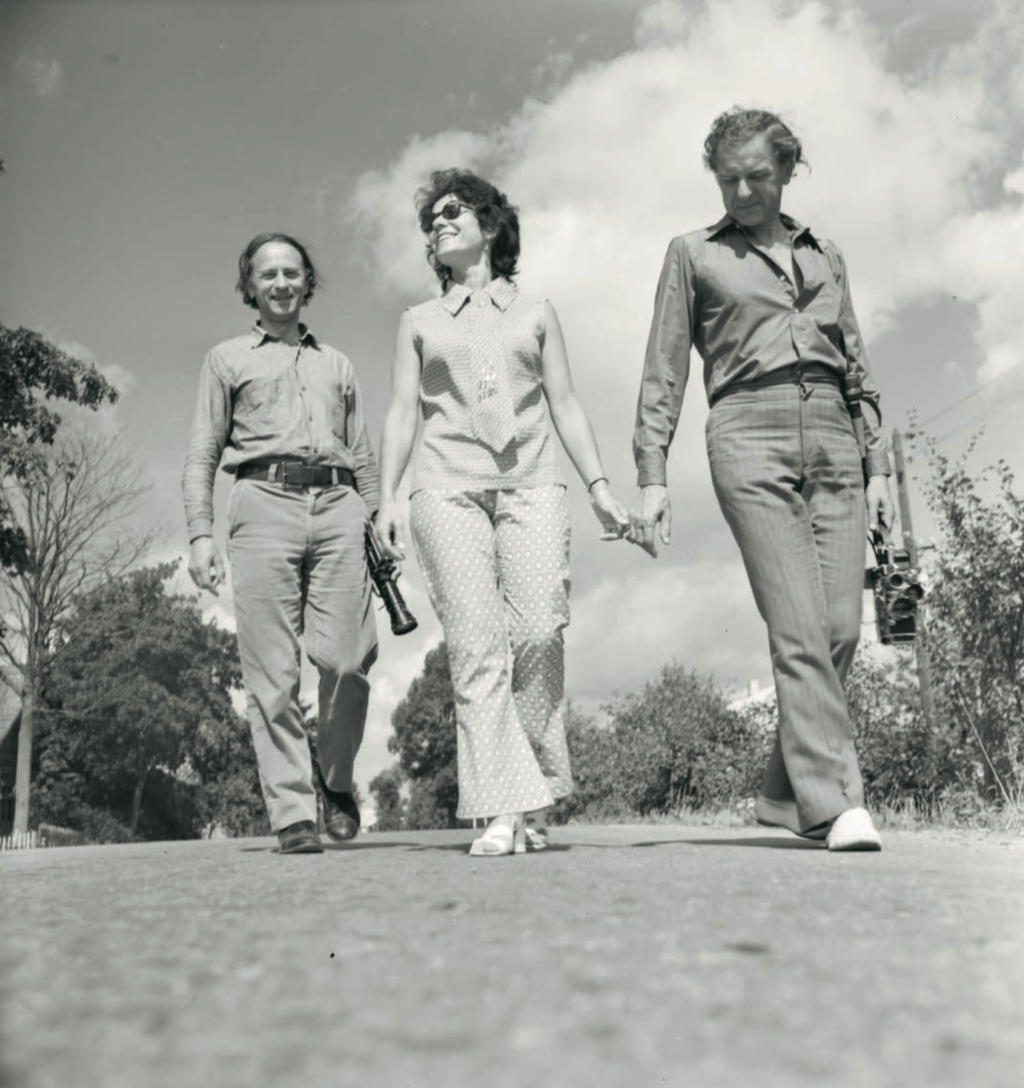
There are no more beautiful words that those written by Pola Chapelle in the foreword to Adolfas Mekas’ diary to describe the undying feelings of the whirlwind of their existence and everyday lives than these – “My husband, the joy of my life.”
Mon homme, joie de vivre
I saw his film “Hallelujah The Hills” three times before I met Adolfas Mekas. And each time, it seemed to fly by, always ending too soon. Me, waiting for more of the same. Joy at every turn of the page. Fleeting glimpses of life and love, and always a smile on the last line.
We met in 1964 and my life began. Moments, hours, days so full of playful spontaneity we could have been making it up. I had been waiting for him. I knew immediately who he was. Mon homme.
Pola Chapelle
The screening of a mutual friend’s film at the gathering of cineastes; a stranger brought me a glass of wine and said I ought to be “in the movies.” They were still movies in those days, not yet films. I agreed and so he brought me Adolfas, introducing him as the famouse director Adolfas Mekas. But he wasn’t as large a man as I had always expected. The name Adolfas suggested a taller, bigger man to me. Not so. Thin, dapper, wearing dark glasses and sporting a long cigarette holder, slightly indiscernible accent, he was paling the most famous director. Taking a pad and pen from his breast pocket, he asked for my measurements. I drew back with a smile. Another joke on me. But no, he said, this is the first thing we do when you want to be “in the movies.” His fate was sealed.
During our life together, I knew of his diaries. He quoted from them in the documentary film we made in 1971 about his return to Lithuania. He never asked that I read the diaries. I respected his privacy, and he, mine. We had our own histories. I discovered his diaries only after his unexpected death. I could never anticipated that my man, who greeted each day with a contagious joie de vivre, had a previous life so full of wounds and humiliation. As a teenager he lived in a country invaded by foreign armies; at 19 he was forced to fee with his brother from their home in Lithuania because of their work in the underground abound the invaders, just as many young people today in countries around the world. He could not return to Lithuania, as other after the war might return to their homelands. Without consultation with the fragile Governments of the Baltic States, an agreement was arrived at by FDR, Churchill and Joseph Stalin. To keep Uncle Joe happy, Lithuania, Latvia and Estonia were given to the Soviet Union.
Adolfas never spoke of the hardships suffered during his exile from Lithuania. He never dwelt on, or even acknowledged, his past experiences in 15-hour a day forced labor camps, or as a refugee fleeing from DP camp to DP ca p through a bombed out country with litter to offer. He was where he was in every moment. He would squeeze every bit out of the opportunities that might lead to the life he worked towards and then move on. A healthy freedom was all he needed to pursue his ambition to become a writer and a filmmaker. And he shared his joy of living with me. My tragedies and pain however large or small, were transformed by his humorous and with and love into momentary mishaps. I had never known such happiness. Magically, it changed my life and my songs. Each 24 hours brought a surprise. And one bright morning in May, his death.
Pola Capelle, The Widow Mekas


